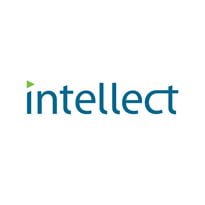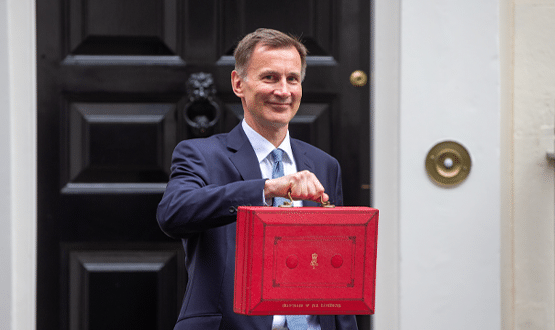Paperless NHS possible – Intellect
- 25 March 2013

A paperless NHS is achievable but requires a different way of thinking for users, buyers and suppliers of healthcare, says a report by UK trade body Intellect.
The report, entitled ‘Digitising the NHS by 2018 – Intellect response’, calls for a focus on capturing and using digital information, rather than just removing paper. It also argues that without patients wanting a change in services, it will not happen.
“The Paperless NHS challenge must include the citizen, as the ultimate owner of their care, and a huge consumer of care information,” says the report.
“The Paperless NHS will only be a reality if the NHS, and its users, us as citizens, want it to be paperless.”
The response by Intellect comes after health secretary Jeremy Hunt announced that the NHS should be paperless by 2018.
It highlights that open interfaces and joint up processes are key points to making paperless a reality.
“We need the ‘Babelfish’ for health information and open interface mechanisms across the health and care systems for patient information and records to be shared,” the report says.
Chair of the Intellect Health and Social Care Council, Andrew Hartshorn, told EHI there were solutionsavailable to achieve that, but that the health and care system had yet to fully embrace existing opportunities.
“The end goal should not be a paperless NHS for the sake of being paperless. Intellect’s recommendations acknowledge that without joined-up processes, health and care will be less effective, the NHS less efficient and the patient experience poorer as a result,” he said.
“We have to demonstrate the tangible value to staff, patients and citizens from the application of information and technology. If they do not see the value, they will not demand and embrace change.”
The report says the NHS needs to focus more on integration of services instead of improving existing digital solutions.
“The NHS needs to give less priority to improving the digitisation of what is already electronic and more priority to those elements that are not, particularly where information crosses the ‘boundaries’ between care organisations, and with an emphasis on the boundaries between the NHS and non-NHS partners, where digitisation tends to be weakest,” the report says.
“Two key barriers to the integration of social care and health information at the most basic level is the lack of a consistent unique identifier, linked to the individual patient, and networking security constraints limiting access and use of NHS data outside of the NHS. These need urgent attention.”
Intellect also calls for suppliers and the NHS to move closer to making standardisation and commoditisation as the ‘norm’, but at the same time recognising a market has to persist.
“Buyers’ attitude to transferring risk and suppliers attitude to wanting bigger and larger deals both need to change regarding procurement, particularly to remove barriers for SMEs," said Harthorn.




